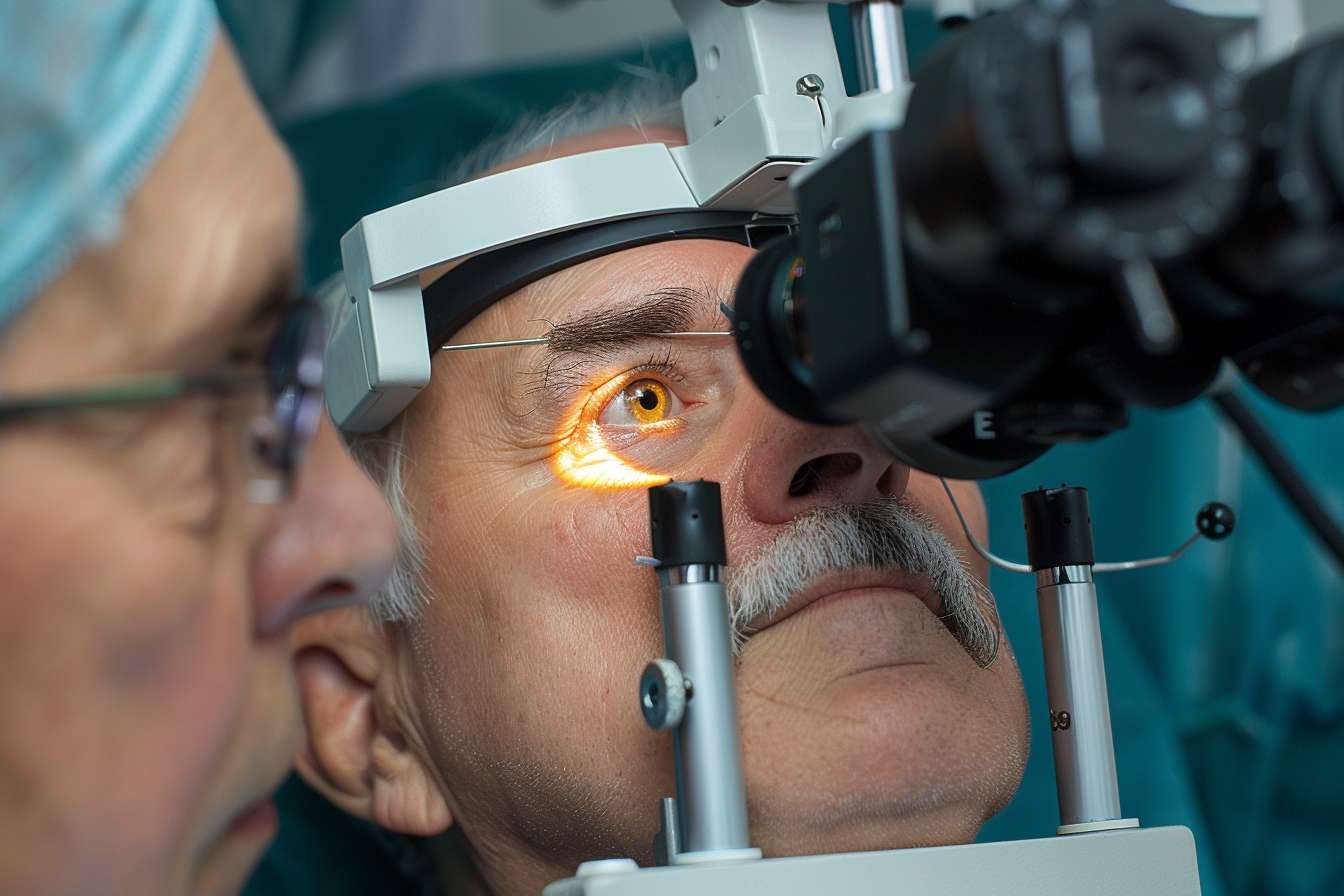Do Eye Shots Help with Macular Degeneration: Understanding Treatment and Considerations
Macular degeneration is a leading cause of vision loss in older adults, and treatment options continue to evolve. This article explores the role of eye shots in macular degeneration treatment, how they may help slow progression, and important considerations for patients and caregivers.

Understanding Macular Degeneration and Its Impact on Vision
Macular degeneration affects the macula, the central portion of the retina responsible for sharp, detailed vision. There are two primary types: dry (atrophic) and wet (neovascular) macular degeneration. Dry macular degeneration, accounting for approximately 85-90% of cases, develops gradually as the light-sensitive cells in the macula break down. Wet macular degeneration, though less common, progresses more rapidly due to abnormal blood vessels growing under the retina, leaking fluid and blood that damage the macula and cause more severe vision loss.
The impact on vision is profound, often beginning with blurriness in the central visual field, distortion of straight lines, and difficulty recognizing faces. As the condition advances, a central blind spot may develop, while peripheral vision typically remains intact. These visual changes significantly affect quality of life, independence, and the ability to perform routine activities.
Do Eye Shots Help with Macular Degeneration Explained
Intravitreal injections have revolutionized the treatment of wet macular degeneration. These injections primarily contain anti-vascular endothelial growth factor (anti-VEGF) medications, which target a protein called VEGF that stimulates the growth of abnormal blood vessels. By inhibiting this protein, the medication helps reduce fluid leakage and slows or stops the progression of the disease.
Common anti-VEGF medications include bevacizumab (Avastin), ranibizumab (Lucentis), aflibercept (Eylea), and brolucizumab (Beovu). The procedure involves numbing the eye with drops or gel, cleaning the area to prevent infection, and carefully injecting the medication directly into the vitreous humor—the jelly-like substance that fills the eyeball. While the idea of an eye injection may sound alarming, most patients report minimal discomfort during the procedure.
The Role of Eye Shots in Treatment for Macular Degeneration
For wet macular degeneration, anti-VEGF injections have become the standard of care, demonstrating significant effectiveness in preserving vision and, in some cases, improving visual acuity. Clinical studies have shown that approximately 90% of patients maintain their vision with regular treatment, while about 30-40% may experience some visual improvement.
It’s important to note that eye shots are not typically used for dry macular degeneration, as this form doesn’t involve abnormal blood vessel growth. Research into treatments for dry macular degeneration continues, with some clinical trials exploring injectable options, but these are not yet standard practice.
Treatment regimens typically begin with a loading phase of monthly injections for three months, followed by maintenance injections every one to three months, depending on the individual’s response and the specific medication used. Some newer treatment protocols aim to extend the time between injections while maintaining effectiveness.
Efficacy of Eye Shots and What Patients Should Consider
The efficacy of anti-VEGF injections is well-documented in numerous clinical trials. These treatments have significantly reduced the incidence of legal blindness from wet macular degeneration. However, several factors influence treatment success:
-
Early intervention is crucial—starting treatment soon after diagnosis typically leads to better outcomes.
-
Consistency in following the recommended injection schedule improves long-term results.
-
Individual response varies—some patients require more frequent injections than others.
-
The type of anti-VEGF medication may affect outcomes, though studies show comparable effectiveness among the available options.
Potential side effects include eye discomfort, temporary vision changes, and a small risk of more serious complications such as infection, retinal detachment, or increased eye pressure. However, serious complications are rare, occurring in less than 1% of injections.
Important Factors in Managing Macular Degeneration Treatment
Successful management of macular degeneration with eye shots involves several important considerations. First, regular monitoring with comprehensive eye examinations helps ophthalmologists track disease progression and adjust treatment accordingly. These visits typically include visual acuity tests, dilated eye examinations, and imaging studies such as optical coherence tomography (OCT).
The financial aspect of treatment presents significant challenges for many patients. Anti-VEGF injections can be expensive, with the medication alone costing between $50 and $2,000 per injection depending on the specific drug and insurance coverage. Most patients require multiple injections per year, potentially resulting in substantial out-of-pocket expenses even with insurance.
Medicare and many private insurance plans cover these treatments, but coverage details, copayments, and deductibles vary widely. Patient assistance programs offered by pharmaceutical companies and nonprofit organizations can help mitigate costs for eligible individuals.
Prices, rates, or cost estimates mentioned in this article are based on the latest available information but may change over time. Independent research is advised before making financial decisions.
Long-term commitment to treatment is essential, as wet macular degeneration is a chronic condition requiring ongoing management. While current treatments focus on controlling the disease rather than curing it, adhering to the recommended injection schedule offers the best chance of preserving vision over time.
Complementary Approaches to Eye Injection Therapy
While anti-VEGF injections form the cornerstone of wet macular degeneration treatment, complementary approaches can support overall eye health. These include nutritional supplements formulated for eye health (particularly those containing lutein, zeaxanthin, and omega-3 fatty acids), lifestyle modifications such as smoking cessation, blood pressure management, and protective measures like wearing sunglasses with UV protection.
Regular monitoring of both eyes remains crucial even during treatment, as macular degeneration can develop or progress in the unaffected eye. Additionally, home monitoring with an Amsler grid helps patients detect changes in vision between appointments, allowing for prompt intervention if needed.
This article is for informational purposes only and should not be considered medical advice. Please consult a qualified healthcare professional for personalized guidance and treatment.




